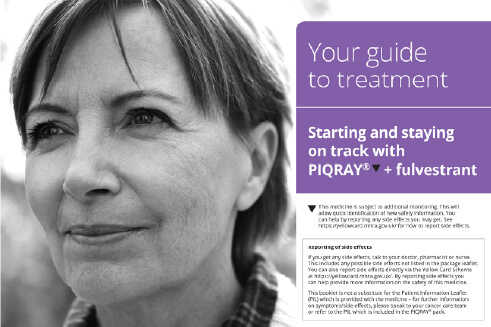
PIQRAY®▼ (alpelisib)
Living with aBC can be difficult for you and your caregivers. Help your caregiver look after themselves as they care for you
CTA
Learn more >

PIQRAY®▼ (alpelisib)
Living with aBC can be difficult for you and your caregivers. Learn some tips on how you can help your caregiver look after themselves as they care for you
CTA
Learn more >




